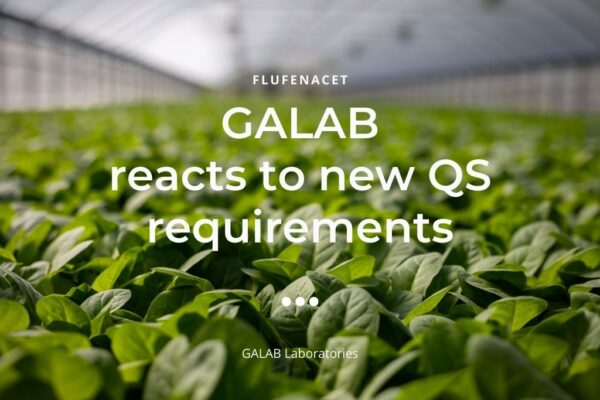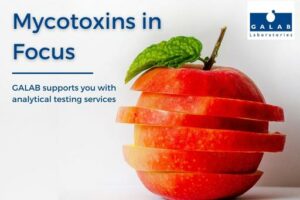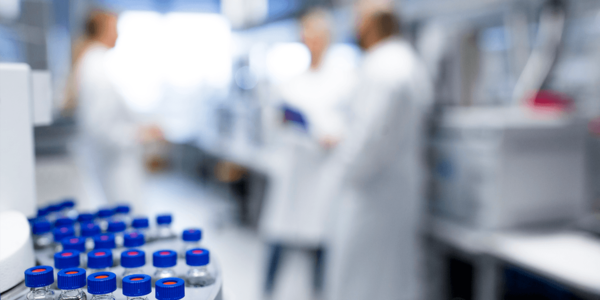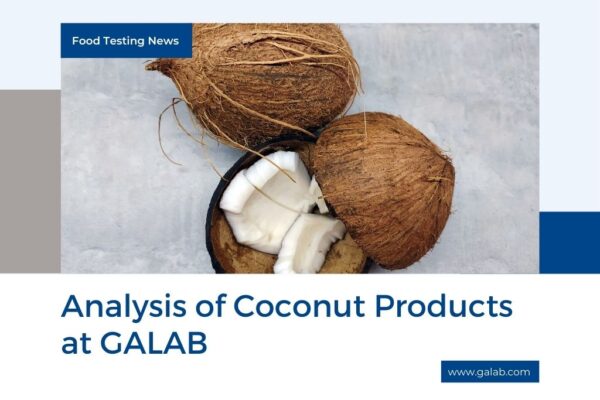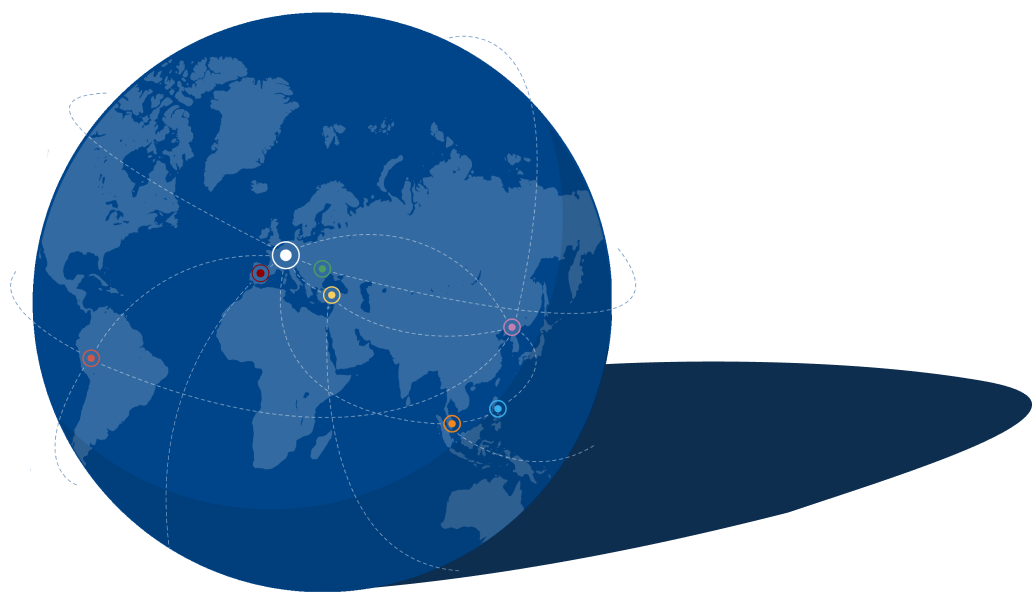New Requirements Regarding the Use of Recycled Plastics
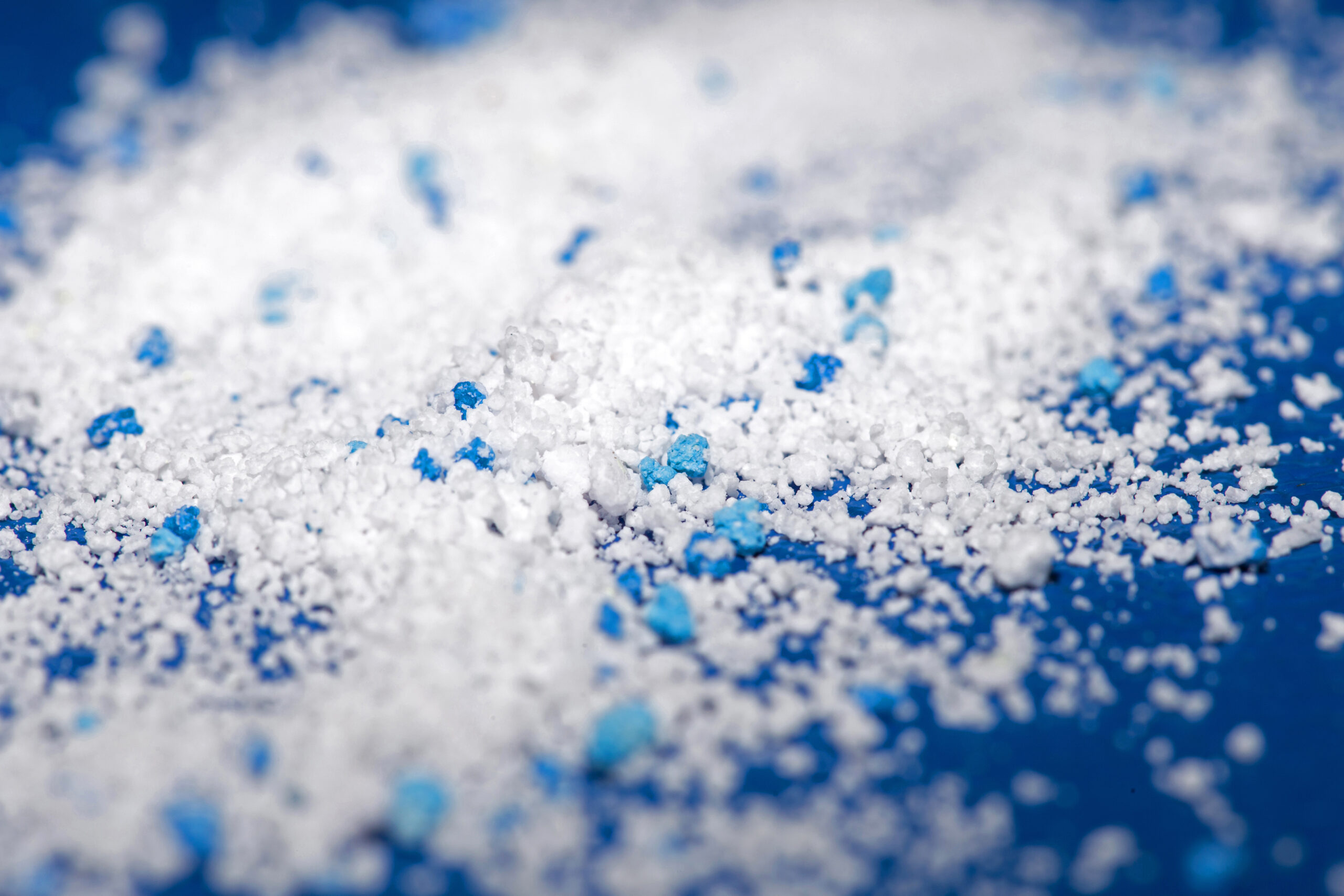
Regulations for Food Contact Materials
The 19th Amendment to the Plastics Regulation (EU) No. 10/2011 – the Amending Regulation (EU) 2025/351 – was published in the Official Journal of the European Union this year.
This new regulation primarily introduces extensions and specific requirements regarding the use of recycled plastics in contact with food.
The core of the amendment is the revision of Regulation (EU) 2022/1616 on recycled materials intended for food contact. In this context, the previous Regulation (EC) No. 282/2008 has been repealed. Additionally, Regulation (EC) No. 2023/2006 on good manufacturing practice (GMP) for materials and articles intended to come into contact with food has been updated.
At the center of these changes, alongside more precise definitions, are the requirements for producing high-purity recycled plastics from waste to meet the provisions of Article 3 of the Framework Regulation (EC) No. 1935/2004.
Implementation of High Purity Requirements
- The GMP Regulation now also applies to recycling plants.
- Strict separation of materials with and without food contact must already occur during collection.
- Batch-based traceability is mandatory for all raw and intermediate products, complemented by an extended declaration of compliance.
- This declaration must now also include information on Non-Intentionally Added Substances (NIAS).
- Monitoring of contamination levels is required across all process stages, including documentation, provision of evidence, and enabling sampling.
- Migration of unassessed substances – including NIAS – is only considered safe if it remains below 0.15 µg/kg. Substances exceeding this threshold must undergo a comprehensive toxicological assessment.
The amendment allows in-process recycling for by-products from plastic production. As long as these by-products do not require further processing, they are not considered waste under Regulation (EU) 2022/1616 and may be reintroduced into the manufacturing process.
New Categories and Identifications
The amendment introduces the category of UVCB substances (Substances of Unknown or Variable Composition, Complex Reaction Products, or Biological Materials).
For these substances, a purely chemical description is insufficient. Instead, they are identified based on their origin (e.g., plant-based or mineral), manufacturing process, and relevant process parameters.
For the use of such substances in food contact applications, strict purity criteria apply: All components of a UVCB substance must undergo toxicological evaluation to ensure safety.
Reuse Over Single-Use – With Greater Responsibility
As part of the implementation of Directive (EU) 2019/904, single-use plastic products are increasingly being replaced by reusable items.
However, these materials can degrade with repeated use, which may increase the migration of substances from the material. Damaged reusable products pose a higher health risk and must therefore be withdrawn from circulation in a timely manner.
To ensure safe use, reusable products will henceforth require additional labeling and instructions.
Transitional Periods
The transitional period is 18 months: during this time, substances and intermediates that do not comply with the new regulation may still be placed on the market.
However, after nine months, there is already an obligation to inform all parties within the supply chain regarding non-compliant products.
Legal References
Parameters & Analytical Methods
-
State-of-the-Art Analysis
We constantly update our spectrum of parameters to the latest developments in the food analysis sector and offer state-of-the-art analytical methods for the safety of your products.
-
Comprehensive multi-methods
We are constantly expanding our range of services in order to be able to guarantee you a comprehensive range of analyses. We offer multi-methods for mycotoxins, dioxin analysis or molecular biological analysis for GMOs and allergens. The GALAB Pesticide500Plus® multi-method can even be used for difficult matrices such as spices and herbs.
-
Constant development
If you cannot find the parameter/analysis you are looking for here, please do not hesitate to contact us. Our research and development department implements your requirements and specifications cost-efficiently and with a high quality standard.
-
Quality Policy
GALAB Laboratories has implemented a quality management system to allow for optimum service for their customers. It is our goal to establish close relations to customers by customer satisfaction. Therefor quick reactions to customers’ specific needs as well as considerations for quality demands of the market are necessary. We strive to provide comprehensive and professional advice to our customers. Learn more
Get in touch, we will help you.


